What To Do If There’s A Fire In Your Home
Stay calm and act fast: Essential steps to protect your loved ones and property today.
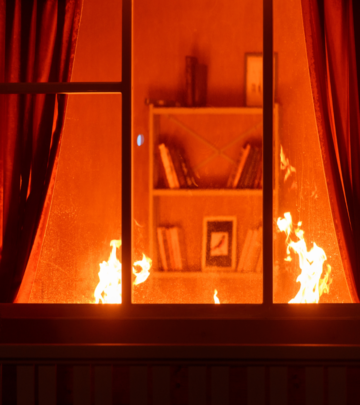
Image: Shutterstock
In the face of unexpected danger, knowing how to respond swiftly and effectively can make all the difference. In this article, we will provide you with the knowledge and steps necessary to handle a situation nobody wants to imagine: a fire in your home. We’ll walk you through a step-by-step action plan – from the moment you detect a fire to ensuring everyone’s safety and contacting emergency services. You’ll gain insights into fire prevention, escape routes, and the proper use of firefighting equipment. By familiarizing yourself with the advice, you will take a crucial step toward safeguarding your home and your family. Let’s embark on this journey together, ensuring that you’re ready for whatever challenges come your way. Read on!
In This Article
1. Extinguish The Fire By Yourself If Possible
The principle of extinguishing a fire by oneself holds merit when the situation allows for it. If the fire is small, manageable, and doesn’t pose an immediate threat, attempting to put it out independently can be a practical response. This could involve using a fire extinguisher, water, or appropriate tools. However, safety should always come first, and attempting to control a fire should never compromise one’s well-being. In cases where the fire is rapidly spreading, emitting toxic fumes, or becoming uncontrollable, it’s imperative to prioritize personal safety and evacuate the area immediately while alerting the authorities. Understanding the scope of the fire, one’s capabilities, and the potential risks is essential in determining whether to tackle it oneself or seek professional help.
2. Alert Everyone And Evacuate The Place
In situations of danger or emergencies, alerting everyone and swiftly evacuating the premises is of utmost importance. This proactive action helps ensure the safety of individuals and minimizes potential harm. Whether it’s a fire, natural disaster, or any hazardous circumstance, notifying those around and directing them to leave the area promptly is a critical response. Evacuation plans, emergency exits, and designated assembly points play a crucial role in such scenarios. By prioritizing the well-being of oneself and others through efficient communication and timely evacuation, you can contribute to a safer environment and avert potential risks.
3. Stay Away From The House
Staying away from the house is often a wise and safe course of action during certain emergencies, such as fires, gas leaks, or other situations that pose immediate dangers. When faced with these hazards, maintaining a safe distance from the affected area helps protect individuals from potential harm. Fire and gas leaks can escalate quickly, causing explosions or other hazardous conditions, and getting too close can put lives at risk. Adhering to instructions from emergency responders and authorities is essential in such circumstances. Prioritizing personal safety and waiting for professionals to assess and address the situation ensures the best possible outcome and minimizes risks to individuals and surrounding areas.
Contact Emergency Services
Contacting emergency services is a vital step when facing critical situations that require immediate assistance. Whether it’s a medical emergency, fire, crime, accident, or any life-threatening event, dialing the appropriate emergency number, such as 911 in many countries, connects you to trained professionals who can dispatch help quickly. Providing accurate and clear information about the situation, location, and any necessary details helps emergency responders assess and respond effectively. Remember that in urgent situations, time is of the essence, so don’t hesitate to reach out to emergency services for prompt and appropriate assistance.
Common Mistakes To Avoid During Minor Burns
Dealing with minor burns is important to prevent further damage and aid in the healing process. However, there are some common mistakes people make when treating minor burns:
1. Using Ice
Applying ice directly to a burn can cause more damage to the skin. Instead, use cool, but not ice-cold, water to gently cool the burn area.
2. Using Butter Or Ointments
Greasy substances like butter or oil can trap heat and worsen the burn. Stick to clean, cool water and a mild soap for cleaning.
3. Popping Blisters
Blisters that form after a burn are the body’s way of protecting the underlying skin. Popping them can lead to infection. It’s best to leave them intact and let them heal naturally.
4. Using Adhesive Bandages
Adhesive bandages can stick to the burn and cause additional pain when removed. Instead, use non-stick sterile dressings.
5. Neglecting To Clean
Properly cleaning the burn area with mild soap and water helps prevent infection. Gently pat the area dry with a clean cloth.
6. Not Keeping It Covered
Minor burns are susceptible to infection. Keep the burn covered with a sterile dressing to protect it from dirt and germs.
7. Using Dirty Materials
Applying dirty or non-sterile materials to a burn can introduce bacteria and cause infection. Always use clean, sterile dressings.
8. Using Home Remedies
While home remedies can work in some cases, it’s best to seek medical advice for burns. Applying toothpaste, egg whites, or other substances can actually worsen the burn.
9. Not Seeking Medical Attention
If a burn is severe, covers a large area, is on the face or a joint, or causes excessive pain, seeking medical attention is crucial.
10. Ignoring Infection Signs
Redness, increased pain, swelling, pus, or fever can be signs of infection. If these symptoms occur, consult a healthcare professional.
In general, for minor burns, you should cool the burn with running water, gently clean it, apply a sterile dressing, and use over-the-counter pain relief if necessary. However, if the burn is more severe or you’re unsure about its severity, it’s always best to consult a healthcare professional. And always remember, precaution is always better than cure.
Read full bio of Indrani Karmakar


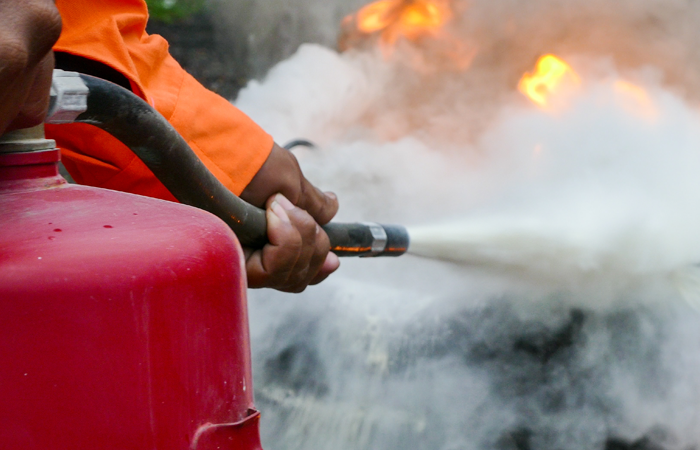
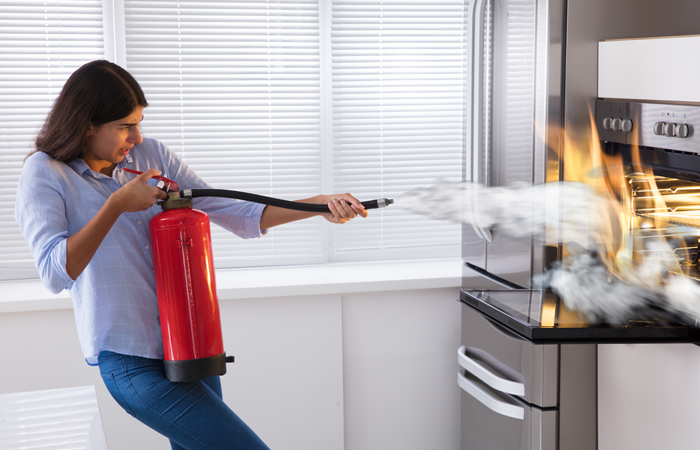
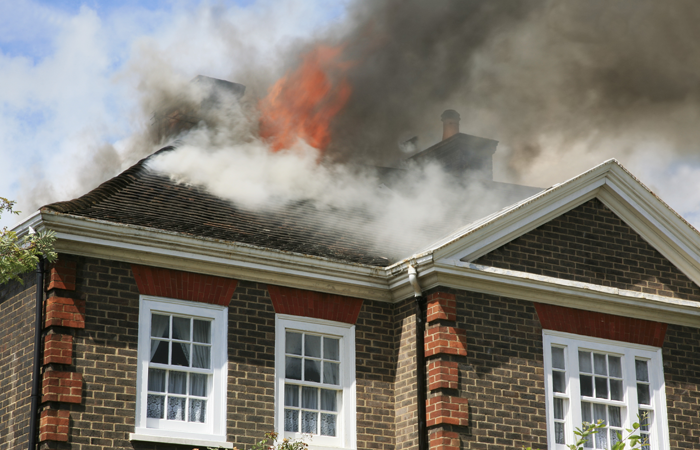
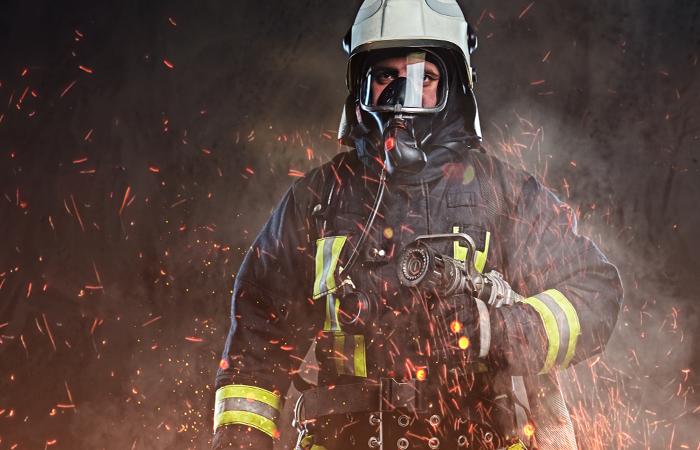
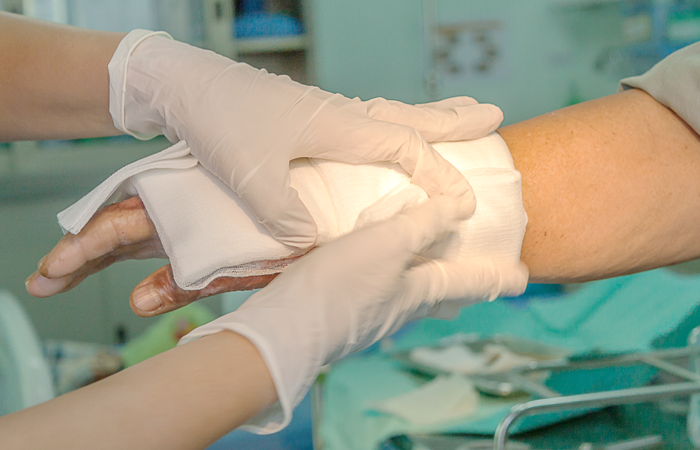



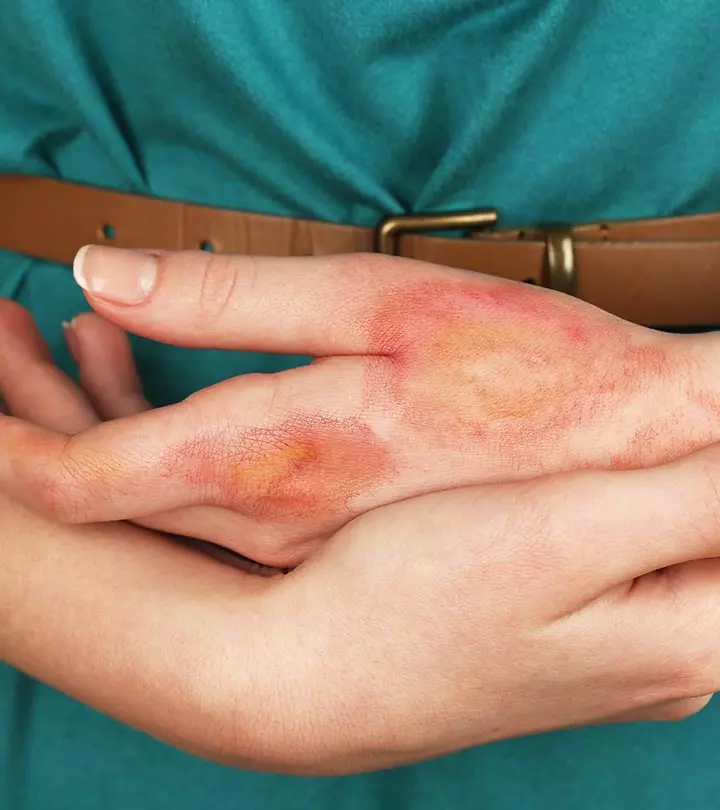



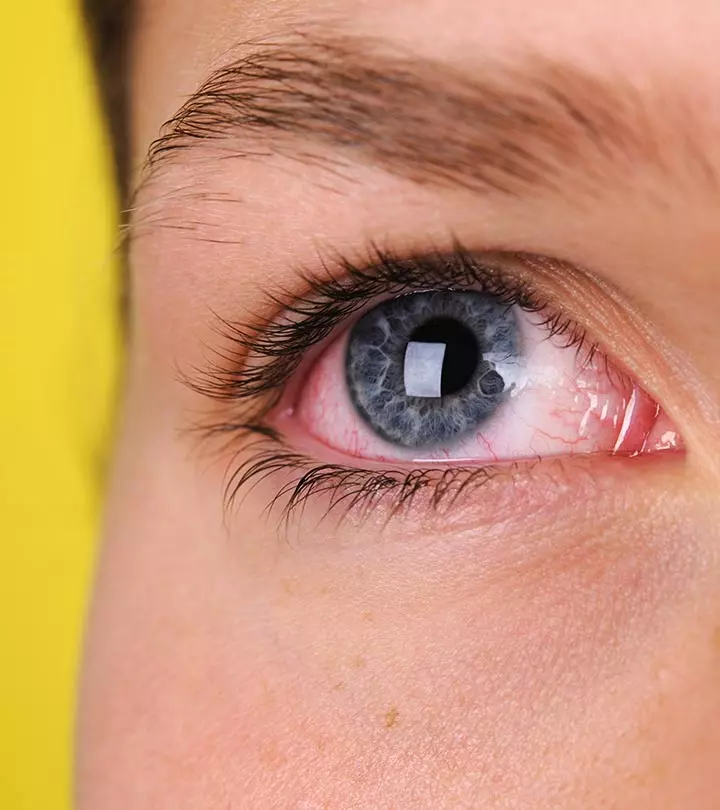



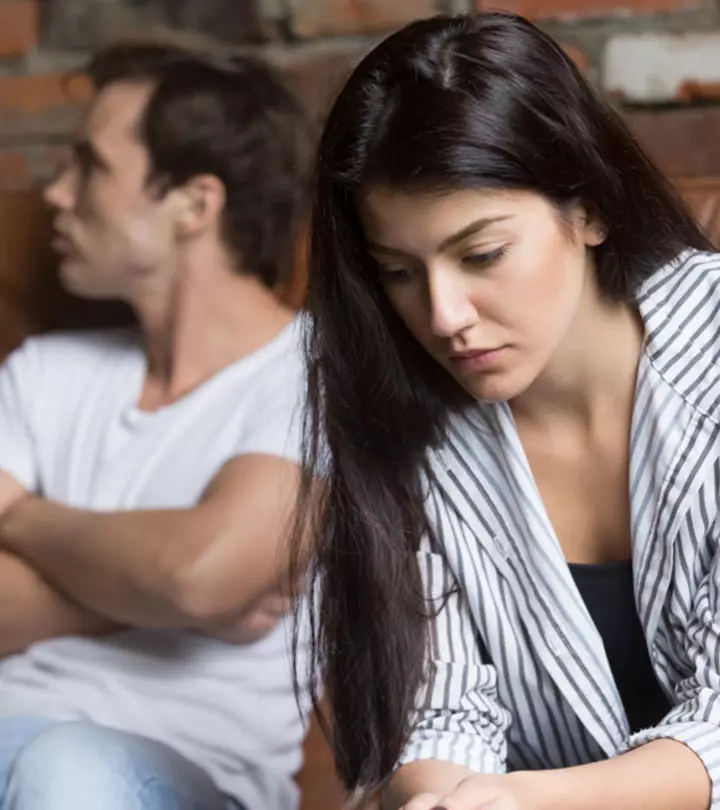









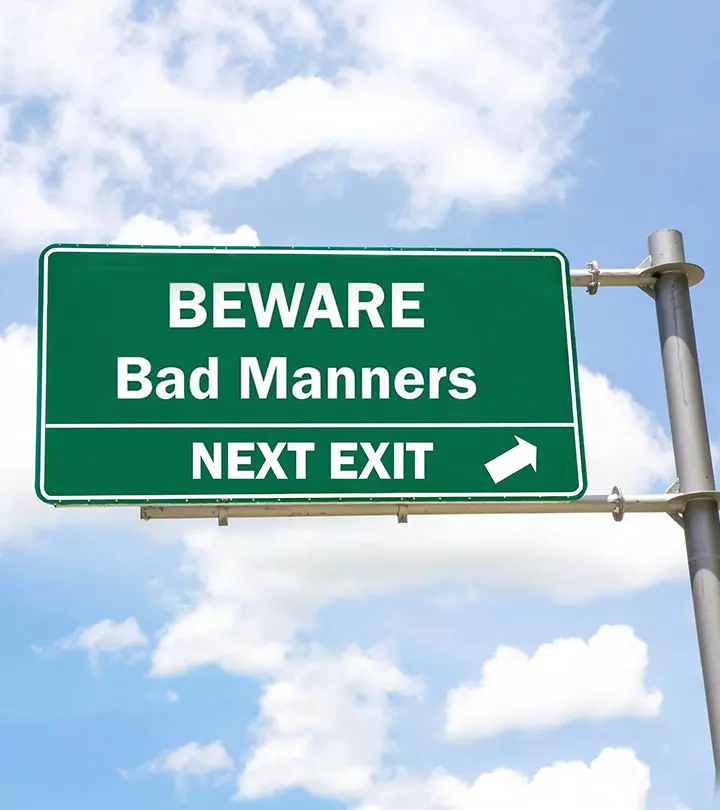

Community Experiences
Join the conversation and become a part of our empowering community! Share your stories, experiences, and insights to connect with other beauty, lifestyle, and health enthusiasts.